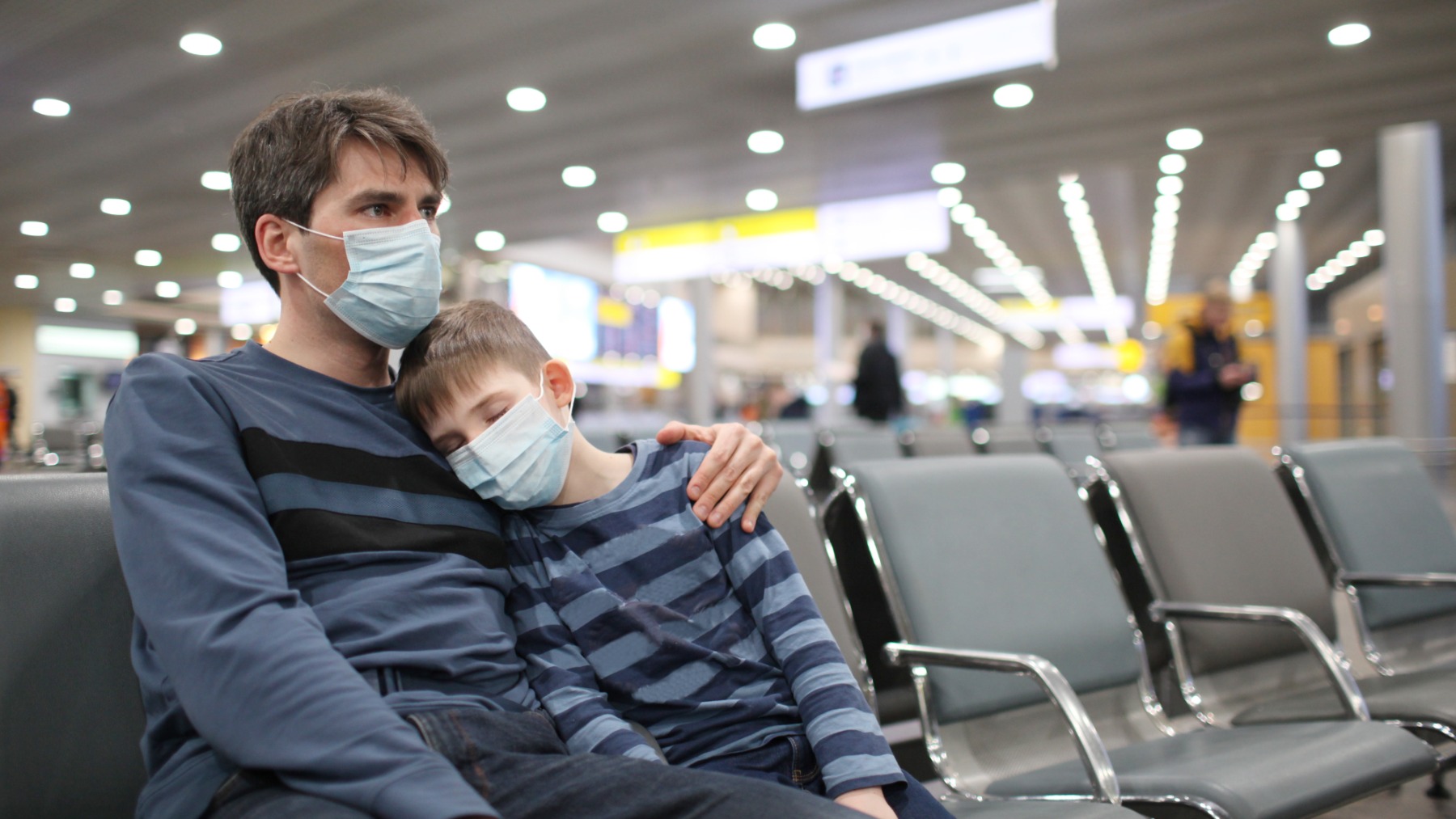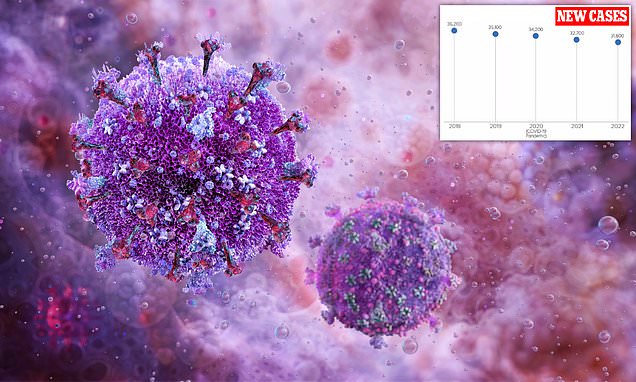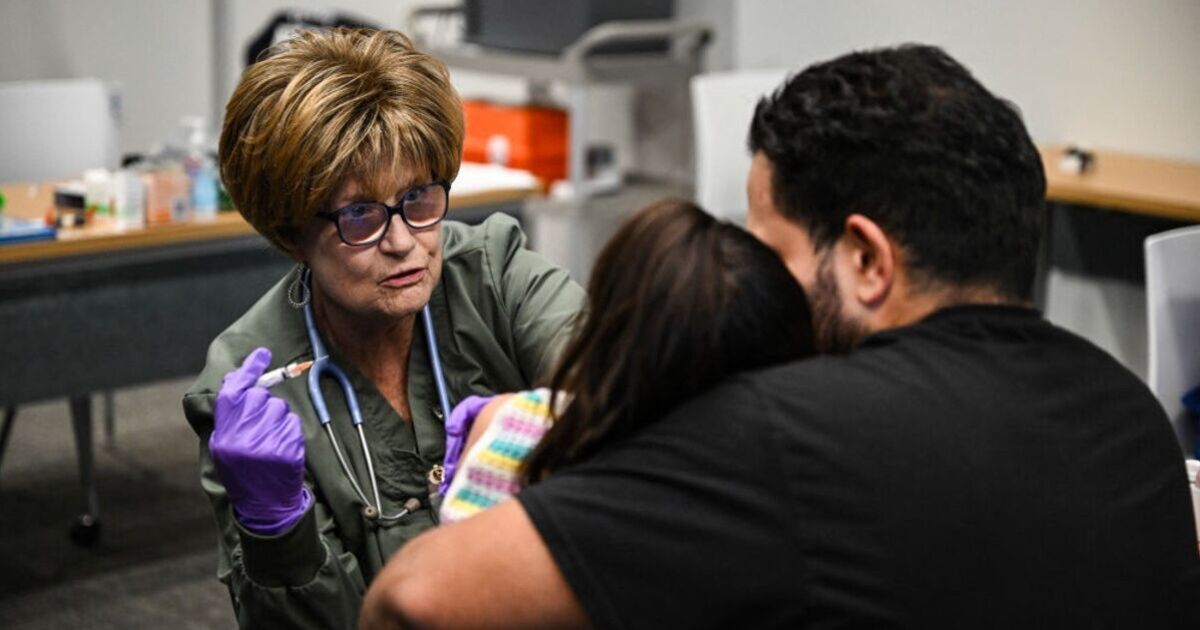Just when you thought we were done talking about COVID, it’s back—like that one relative who shows up uninvited to every family barbecue. The World Health Organization (WHO) has confirmed that a new variant, NB.1.8.1, is appearing in different regions of our planet (Oh, the joys of international tourism!).
So, what’s the deal with this new variant? Here’s everything you need to know about NB.1.8.1, how it’s spreading, and why a little caution could save you (and your loved ones) a world of trouble.
COVID-19 is Out, NB.1.8.1 is In
NB.1.8.1 didn’t was first spotted in January 2025 in Egypt, Thailand, and the Maldives –three of the most visited spots on Earth. Now, it’s been confirmed in the United States (yes, right here at home), the UK, Australia, and even China. It’s been found in multiple states; New York, California, Arizona, Ohio, Washington, and more.
According to the WHO, this mixed version of the Omicron has potential to spread easily, and even surpass immunity in people who have already suffered previous infections, or has all their boosters up-to-date. Not exactly the best news if you’ve already suffered through this COVID flu nightmare before.
The Symptoms You Really Don’t Want to Ignore
Let’s be real: the list of symptoms don’t vary much from the COVID ones we already know by heart. But with NB.1.8.1, they’re showing up quickly and hitting hard. Here’s what you should watch for:
- Fever or chills
- Sore throat
- Cough
- Congestion or runny nose
- Loss of taste or smell
- Muscle aches
- Headaches
- Fatigue
- Nausea, vomiting, or diarrhea
With this covid variant, symptoms seem to start onlythree to five days after exposure. So if you’re coming back from a trip and suddenly feel like your head is about to explode and your nose won’t stop running, don’t assume it’s just allergies or jet lag.
Extreme Precautions? You Bet
If you’re traveling from one of these hotspots or even flying through crowded airports, it’s time to step up your game. And no, we’re not talking about packing extra snacks for your layover. We’re talking about real-world precautions:
- Self-quarantine for a week if you’re visiting high-risk folks like grandma, your neighbor with that lung condition, or your immunocompromised cousin. You might be lucky enough to be asymptomatic and not feel ill, but that doesn’t mean you won’t give it to less fortunate or less healthy people. Even if you have all your boosters in order, it doesn’t refrain the virus from spreading if you catch it, it just lessens the symptoms.
- Mask up and wash your hands. If you have to go thorugh crowded airports and all kinds of international hotspots, these are two of the few techniques you can use to avoid catching random virus from other parts of the world for which your body has zero defences. Remember, airports are international petri dishes (as seen in Newark, New Jersey).
- Other ways to avoid contagion is wearing glasses, so that airborne particles don’t enter the eye, and avoid scratching your nose and eyes at all costs without washing your hands or usung a tissue in between.
If you hadn’t heard about the Newark situation, let’s put you in context: An infected traveler with measles was in Terminal B for a few hours and may have exposed hundreds of unsuspecting flyers. Measles hangs around in the air long after the sick person leaves, and COVID’s new variant seems to be in the same mood. So if you’re passing through busy terminals, consider it a good reason to keep that mask on and your distance from strangers. So make sure to pack up plenty of N-95 masks and hand sanitizer gel.
Is This Another Pandemic?
Don’t worry, no one’s suggesting we go full “wipe down your groceries” mode again (nor hoarding TP). But we’re also not at the “eh, don’t worry about it” stage. The WHO’s COVID alert means it’s time to wake up and be prepared if you’re traveling to or from those regions.
And if you’re heading off on vacation, don’t forget that coming back might mean a little voluntary quarantine. Didn’t you want to rewatch The Sopranos either way? Now you have the perfect excuse while remaining a responsible member of your community. After all, the only thing worse than bringing home a tacky souvenir from your trip is bringing home a virus that’s ready to turn your summer plans upside down.





